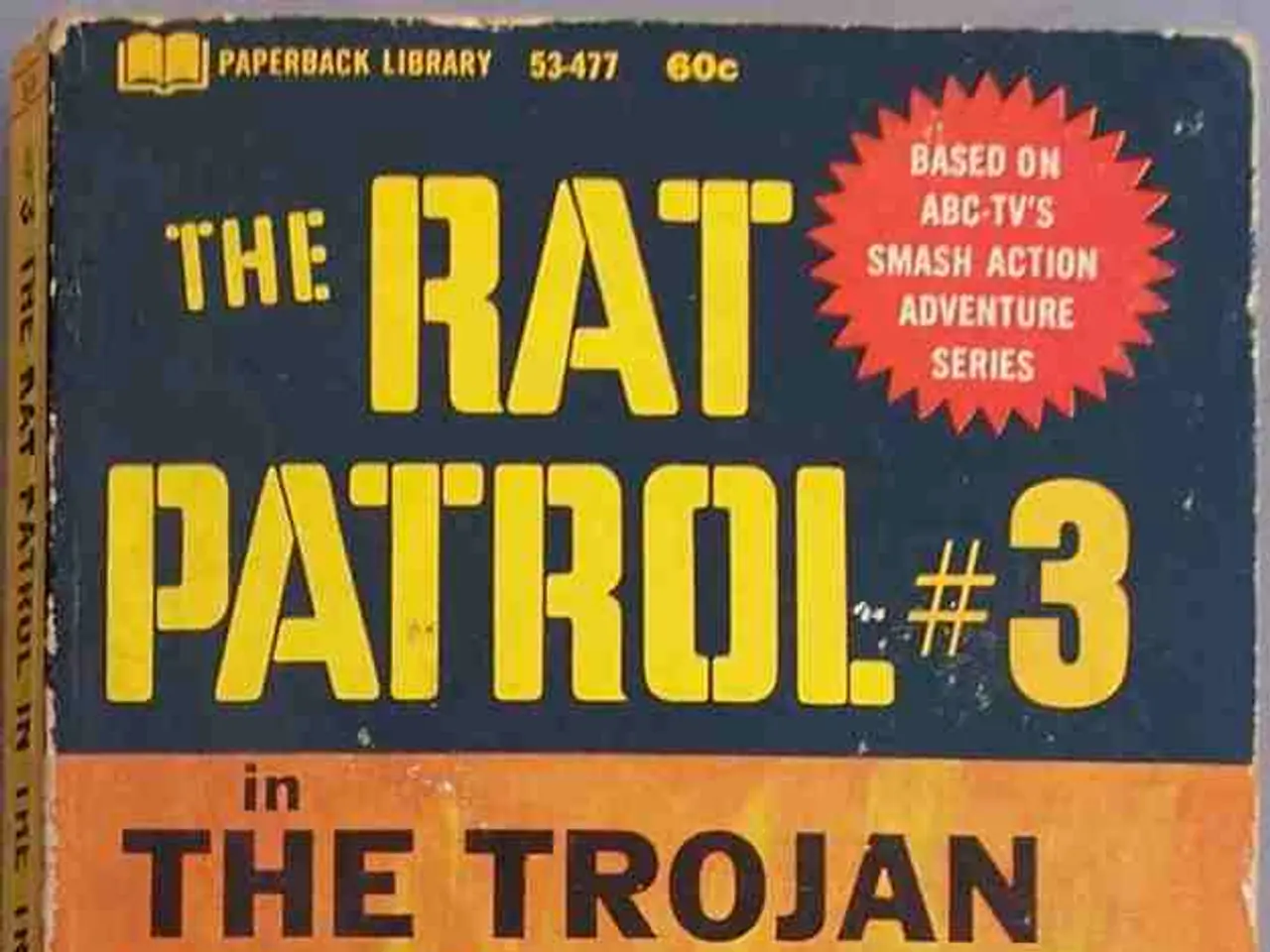Photo of a Croatian MEP from war times elicits strong reactions in nearby Serbia, resulting in demands for their resignation
In the heart of European politics, a tweet from Tonino Picula, the European Parliament's rapporteur for Serbia, has sparked a heated debate. Picula's post, commemorating the 30th anniversary of Operation Storm, was met with backlash in Serbia, with calls for his removal from his position.
The tweet, which included a photo of a younger Picula in military uniform brandishing a Kalashnikov assault rifle, was interpreted by Serbian critics as compromising his neutrality and exacerbating tensions in the already sensitive Serbia-Croatia relations. Dragan Đilas, leader of the opposition SSP party in Croatia, criticized Picula, saying his post compromised his position.
Operation Storm, a military operation that took place over four days in early August 1995, resulted in Croatia reclaiming territory controlled by the Belgrade-backed parastate of the Republic of Serb Krajina. However, the issue remains contested three decades later, with many Serbs regarding it as a campaign of ethnic cleansing that led to the forced displacement of thousands of ethnic Serbs. Approximately 150,000 ethnic Serbs fled to Serbia and Montenegro, and around 10,000-15,000 arrived in the general area of Banja Luka in neighboring Bosnia during Operation Storm.
Picula has consistently rejected accusations of harboring "anti-Serb" sentiments and stated that Serbia's internal problems are much older than his appointment as a standing rapporteur. He defended his tweet, stating that his life experience and political career help him better understand the processes blocking Serbia on its European path.
The European Parliament is involved in the discussion regarding Serbia's relationship with the EU. However, Harald Vilimsky from the Austrian Freedom Party and Maximilian Krauss, European spokesperson for the Vienna FPÖ parliamentary group, condemned Picula's tweet as disturbing and politically highly dangerous.
The ethnic Serb minority in Croatia continues to be a contentious issue between the two neighboring countries. Most ethnic Serbs have not returned to Croatia following Operation Storm, with the minority now comprising around 3.2% of Croatia's population, according to the 2021 census, significantly less than the 12.2% in 1991.
This article has been updated to include comments from MEP Tonino Picula. Picula, in a statement, expressed a desire for Serbia to show the same sensitivity to the reasons for its stagnation as it does to parts of his biography. He emphasised that his participation in Operation Storm as part of the Croatian army was always public knowledge.
The broader context includes heightened regional sensitivities fueled by ongoing Serbia-Croatia tensions, Serbia's close ties with Russia, and unresolved nationalist grievances dating back to the 1990s conflicts. Operation Storm remains a deeply contentious historical event, making Picula's tweet highly provocative to Serbian audiences who experienced its aftermath as a trauma and loss.
[1] BBC News [2] Euractiv [3] Al Jazeera
- The heated debate in European politics, stemming from Tonino Picula's tweet commemorating Operation Storm, highlights the contentious nature of war-and-conflicts and politics, particularly in the context of Serbia's relationship with the EU.
- Policy-and-legislation, as seen in the criticism against Tonino Picula, plays a critical role in shaping general-news narratives, especially when it comes to sensitive historical events like Operation Storm, which continues to be a source of tension between Serbia and Croatia.







